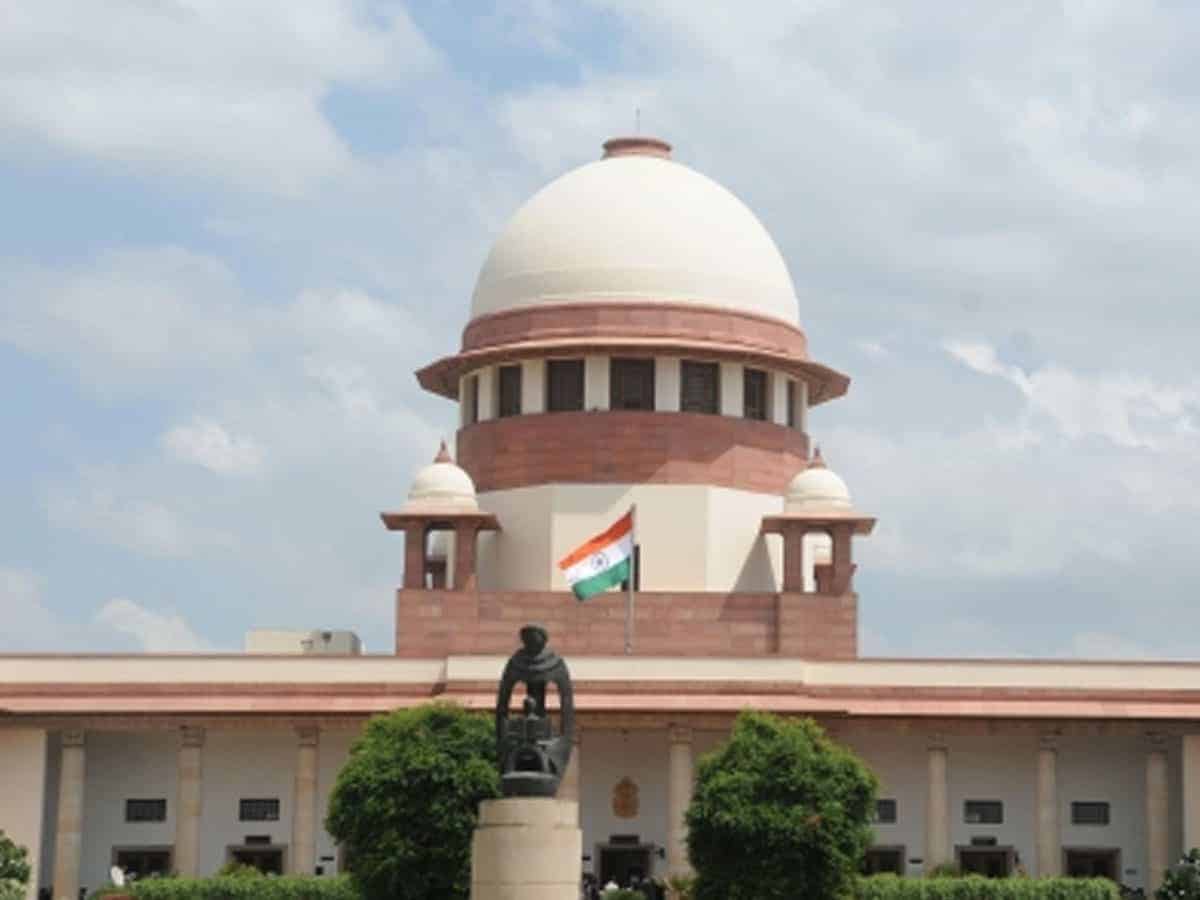
New Delhi: The Centre on Thursday argued before the Supreme Court that if petitioners’ arguments, who seek legal sanction for same-sex marriages, are accepted then someone in future may come to the court challenging provisions against incest on the ground that the state has no business to decide when two adults decide to have a sexual relationship.
Solicitor General Tushar Mehta, representing the Centre, submitted before a five-judge bench headed by Chief Justice of India D.Y. Chandrachud to visualise a situation, 5-years down the line, a person says that I am attracted to those persons who are mentioned in the degree of prohibited relationship.
Mehta continued that incest is not uncommon in the world and world over incest is prohibited – “that I am attracted to my sister, we are consenting adults, and we are entering into activities within the privacy.”
“And we claim our right of autonomy, our right of choice and our right of doing something in private domains. Based on that very argument…can someone not challenge this definition itself, why this restriction, who are you to decide with whom I have my sexual orientation…may be little far-fetched…we use to treat even this (same-sex marriage) as far-fetched,” said Mehta.
The Chief Justice replied, “that will be far-fetched…you know Mr Solicitor, sexual orientation, your autonomy as an individual can never be exercise all aspects of marriage including the entry into marriage, the prohibition relationships, the grounds on which marriage can be dissolved, these are all subject to regulation by law so it may be very far-fetched for anybody to even argue before us then that orientation is so absolute that I can therefore commit an act of incest…no court will ever…”
Mehta queried about polygamous marriage. The Chief Justice replied, “polygamous marriage is governed by personal law…” Mehta said suppose someone says that my choice is polygamy. The bench – comprising justices S.K. Kaul, S. Ravindra Bhat, Hima Kohli, and P.S. Narasimha – said, “we can all agree that these are universal rules…why did state get into because the state thought it is as a universal norm…”
Mehta took the court through the degree of prohibited relationships defined under Hindu Marriage Act to argue that if same-sex marriage is allowed under Special Marriage Act (SMA), then it cannot be reconciled.
Citing various sections of SMA, Mehta contended that a person remains attached to his/her religion for various purposes, including succession and inheritance, even after a marriage under SMA.
The arguments in the matter will continue after lunch.
The Centre is opposing a batch of petitions seeking legal sanction to same-sex marriages.
